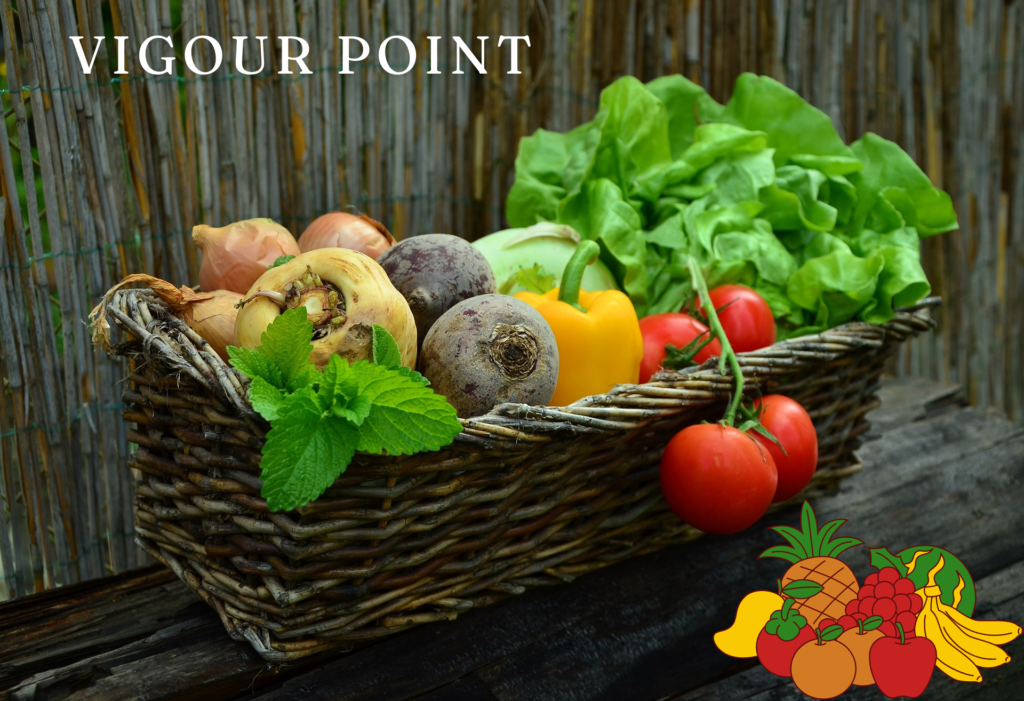A balanced diet is essential for maintaining good health and well-being. It provides your body with the necessary nutrients to function correctly, boost energy levels, and prevent chronic diseases. This blog post will provide expert nutrition advice on how to build a balanced diet, ensuring you get all the essential nutrients your body needs.

Understanding a Balanced Diet
A balanced diet includes a variety of foods in the right proportions to provide the nutrients your body needs to function optimally. It consists of:
- Fruits and Vegetables: Rich in vitamins, minerals, and antioxidants.
- Whole Grains: Provide fiber, B vitamins, and essential minerals.
- Proteins: Essential for muscle repair and growth.
- Dairy or Dairy Alternatives: Source of calcium and vitamin D.
- Fats: Necessary for brain health and hormone production.
Expert Nutrition Advice
1. Include a Variety of Foods
Eating a wide range of foods ensures you get a diverse mix of nutrients. Aim to incorporate different fruits, vegetables, grains, proteins, and fats into your diet. This variety not only provides essential nutrients but also keeps your meals interesting and enjoyable.
2. Focus on Whole Foods
Whole foods are minimally processed and closer to their natural form. They are generally more nutritious than processed foods. Examples include fresh fruits and vegetables, whole grains, lean meats, fish, eggs, nuts, and seeds. Whole foods are rich in essential nutrients and free from added sugars, unhealthy fats, and artificial additives.
3. Balance Macronutrients
Macronutrients—carbohydrates, proteins, and fats—are the primary components of your diet. A balanced diet includes:
- Carbohydrates: Choose complex carbs like whole grains, legumes, and starchy vegetables. These provide sustained energy and are high in fiber.
- Proteins: Include a mix of animal and plant-based proteins. Lean meats, fish, eggs, beans, lentils, and tofu are excellent choices.
- Fats: Focus on healthy fats from sources like avocados, nuts, seeds, and olive oil. Avoid trans fats and limit saturated fats.
4. Control Portion Sizes
Eating the right portion sizes helps maintain a healthy weight and prevents overeating. Use smaller plates, listen to your hunger cues, and avoid eating until you are overly full. Pay attention to portion sizes on food labels and measure your servings if needed.
5. Stay Hydrated
Water is crucial for overall health. It helps with digestion, nutrient absorption, and temperature regulation. Aim to drink at least 8 cups of water a day, and more if you are physically active. Limit sugary drinks and opt for water, herbal teas, or infused water instead.
6. Limit Added Sugars and Salt
Excessive sugar and salt intake can lead to health problems like obesity, diabetes, and high blood pressure. Read food labels to monitor your intake and choose foods with low added sugars and sodium. Opt for natural sweeteners like fruit and use herbs and spices to flavor your meals instead of salt.
7. Plan Your Meals
Planning your meals helps you make healthier choices and saves time and money. Create a weekly meal plan that includes a variety of foods from all food groups. Prepare a shopping list based on your plan and stick to it to avoid impulse buys and unhealthy snacks.
- How to Achieve Full-Body Fitness with 5 Health Components?
- How to Reduce Food Waste: Practical Tips for a Sustainable Kitchen
- Air-Fryer Taquitos with Cauliflower and Black Beans: A Healthy, Crispy Delight
- Quick and Healthy Tacos: A Delicious Meal Under 300 Calories
- 200g Meal Portions for a Healthy and Sustainable Diet




